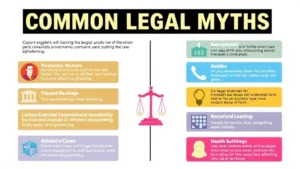As an employee, receiving your salary on time is a fundamental right. However, there are instances where companies may withhold or delay salary payments, leaving employees in a difficult financial situation. In this article, we will discuss the steps employees can take to protect themselves when their company withholds salary.
Understanding the Law
In Taiwan, the Labor Standards Act (LSA) governs the employment relationship between employers and employees. According to Article 22 of the LSA, employers are required to pay employees their wages in full and on time. If an employer fails to do so, the employee can file a complaint with the labor authorities.
Steps to Take When Your Company Withholds Salary
If your company withholds your salary, follow these steps to protect your rights:
- Gather Evidence: Collect all relevant documents, including your employment contract, pay stubs, and bank statements, to prove that you have not received your salary.
- Calculate the Withheld Amount: Calculate the total amount of salary withheld, including any bonuses, allowances, or other benefits.
- File a Complaint: File a complaint with the labor authorities, providing them with the evidence and calculations.
- Consider Terminating Your Contract: If the company continues to withhold your salary, you may consider terminating your employment contract and claiming severance pay.
Case Study
Mr. B, an employee of Company A, did not receive his salary on the scheduled payment date. He contacted the company’s HR department, which informed him that the company was experiencing financial difficulties and could not pay his salary. Mr. B filed a complaint with the labor authorities and demanded that the company pay his withheld salary.
Analysis and Recommendations
- Keep Records: Keep all records of your employment, including contracts, pay stubs, and bank statements, to prove your employment and salary.
- Calculate Your Salary: Calculate your salary, including any bonuses or allowances, to determine the total amount withheld.
- File a Complaint: File a complaint with the labor authorities, providing them with the evidence and calculations.
- Consider Terminating Your Contract: If the company continues to withhold your salary, consider terminating your employment contract and claiming severance pay.
Relevant Laws and Regulations
- Labor Standards Act Article 22: Employers must pay employees their wages in full and on time.
- Labor Standards Act Article 27: Employers who fail to pay wages on time may be ordered to do so by the labor authorities.
- Labor Standards Act Article 79: Employers who violate the LSA may be fined.
- Labor Standards Act Article 14: Employees may terminate their employment contract if the employer fails to pay wages.




